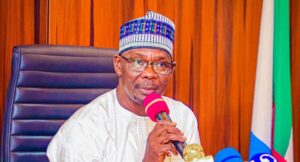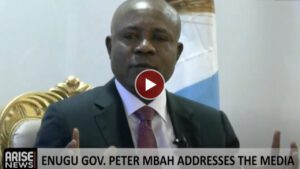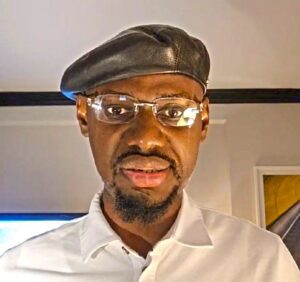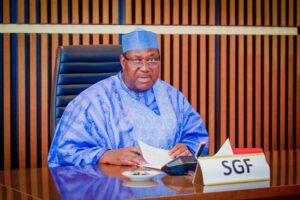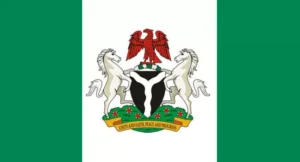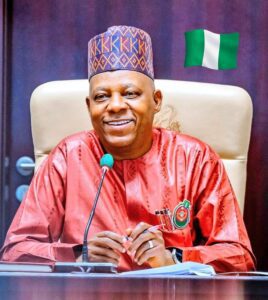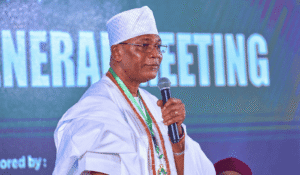Nigerians have been urged to intensify indigenous weaving heritage on the global stage, using culture as a tool for diplomacy, unity, and economic transformation.
The organisers of the 3rd African Weaving Festival (AWeF 2025), which is one of the most effective means to not only sustain and prevent the African culture from extinction but also position it as a veritable tool to project African cultural values globally.
Tijani Sheidu, AWeF’s Executive Director of Media and Publicity, said the 3rd edition of the festival aims to position Nigeria’s rich weaving heritage on the global stage, showcasing its cultural depth, creativity, and economic potential.
According to him, AWeF 2025 aims to promote locally woven fabrics as instruments of national pride, global competitiveness, and social empowerment while strengthening the continent’s creative economy.
He said this year’s edition, themed “African Indigenous Fabrics: A Tool for Culture Diplomacy and Unity,” reflects the festival’s growing impact since inception and its commitment to redefining African textile identity in a modern world.
According to him, the festival, which begins Friday at the Cyprian Ekwensi Cultural Centre in Abuja, will celebrate Africa’s rich textile legacy and its role in cultural identity, innovation, and continental cooperation.
He noted that beyond cultural display, AWeF 2025 will catalyze tourism and economic development by attracting investors, exhibitors, and cultural enthusiasts from across Africa and the diaspora.
“The festival creates a vibrant platform for showcasing Nigeria’s cultural tourism potential, encouraging heritage preservation, entrepreneurship, and cross-border cultural exchange,” Sheidu said.
He added that the festival would also strengthen efforts to promote indigenous fabrics as viable tools for creative industry growth, while offering artisans and entrepreneurs new opportunities for exposure and income generation.
The annual festival, he said, is curated by a network of creative technocrats and artists and features exhibitions, workshops, and fashion shows designed to highlight the relevance of traditional craftsmanship in modern design and trade.
“Our membership spans across Africa, and the event brings together participants from various countries, states, institutions, and private organisations to showcase the best of African art, fabrics, fashion, and culture,” he explained.
AWeF 2025 is expected to host more than 500,000 participants, including exhibitors, artists, researchers, and tourists, creating a strong platform for networking and collaboration within Africa’s creative economy, he noted.
The 2024 edition, Sheidu said, recorded over 100 exhibitors, comprising embassies, state governments, academic institutions, and independent creatives and was widely acclaimed for its success.
“This year’s festival will be even bigger in content, scope, and participation. Three state contingents, Nigerians in the diaspora, and several international partners have confirmed their attendance,” he revealed.
He listed the key features of AWeF 2025 to include indigenous fabric exhibitions, interior decoration displays, loom weaving demonstrations, skill acquisition workshops, wellness product fairs, sales of local fabrics and accessories, an indigenous fashion runway, and a symposium on fabric diplomacy.
Sheidu also acknowledged the support of government and institutional partners while appealing for more institutional cooperation from government ministries, departments, and agencies to sustain the festival’s growth and ensure greater visibility for Nigerian creatives on the international stage.
“The African Weaving Festival and the FCT Department of Culture remain committed to promoting peace, unity, and economic development through culture.
“By celebrating our indigenous crafts and empowering artisans, we are not only preserving heritage but also advancing Nigeria’s creative economy and global image,” he added.


